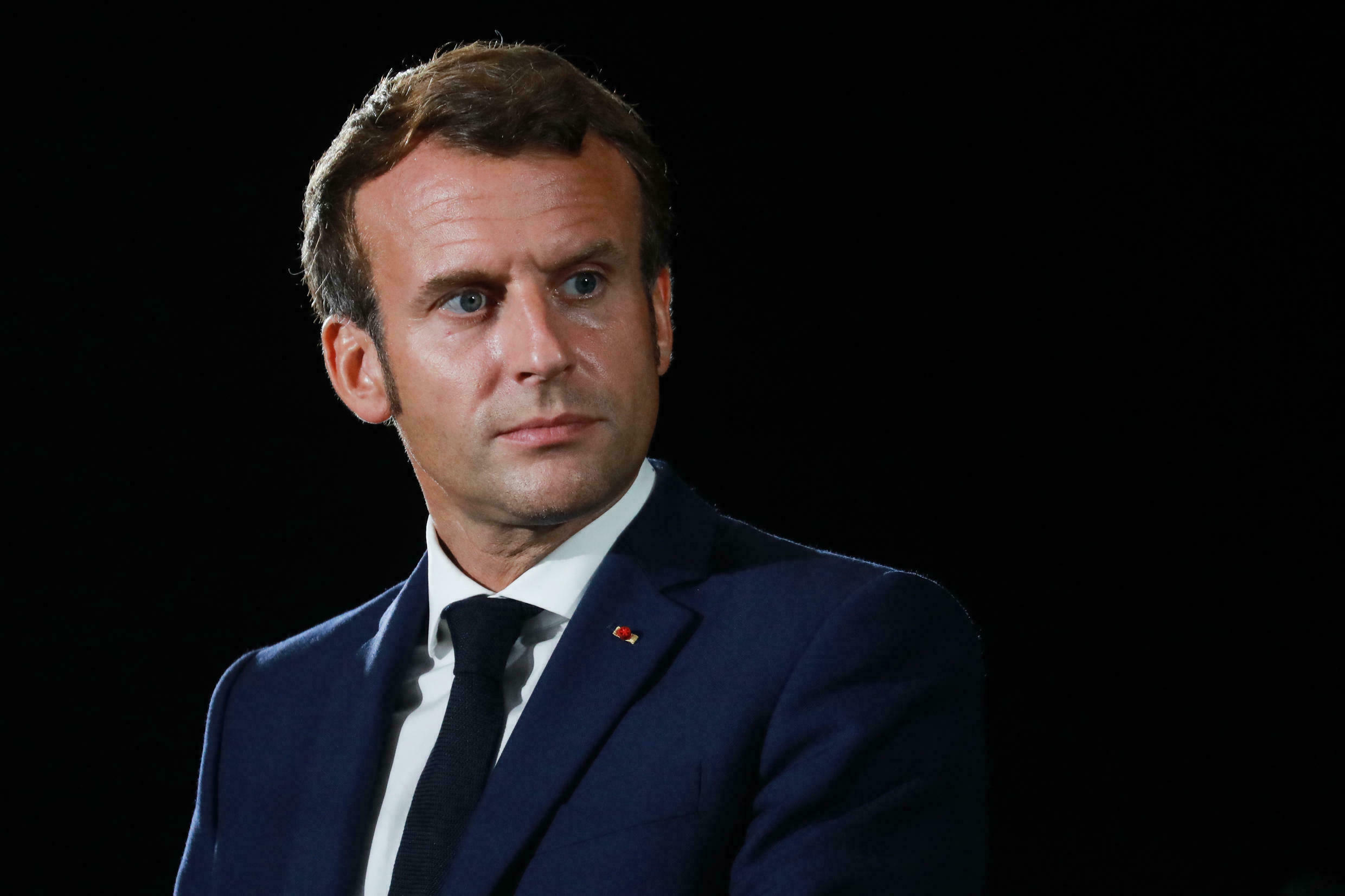Original article (in Montenegrin) was published on 9/5/2024; Author: Marko Vukajlović
In January, French President Emmanuel Macron presented his vision of combating the far right ahead of the European Parliament elections. Among other things, it contains a set of guidelines for minors.
Experts conducted a research commissioned by Macron, advising the restriction of screen, phone, and social media use for those under 18 years old.
Regional media obtained this information and mostly reported it accurately. However, some took it a step further, creating a clickbait headline: (archived: here)
“FREEDOM AND DEMOCRACY” IN FRANCE: Macron Bans Social Networks
The article, among other things, states:
“Wanting to take decisive steps to limit their exposure to the negative influence of technology, especially social networks, in the coming days, the French government is expected to ban access to conventional social media such as TikTok, Instagram and Snapchat until they turn 18.”
Firstly, Macron is not currently banning social networks for anyone, especially not the entire French population, as the title suggests.
Secondly, the claim that “In the coming days, the French government is expected to ban access to conventional social media such as TikTok, Instagram and Snapchat until they turn 18″ is not accurate.
The entire article is based on a Guardian piece, which reads as follows:
“The French president had asked scientists and experts to suggest screen use guidelines for children with a view to France taking unprecedented steps on limiting their exposure. It was unclear how the government might now proceed after the report’s publication. Macron said in January: “There might be bans, there might be restrictions.”
Thus, there is no confirmation that restrictive measures will be immediately implemented.
Reuters adds that there is no timeline for new legislation and that it is unclear to what extent the experts’ recommendations will be taken into account.
Le Monde writes that the 150 pages long expert study is titled “In Search of Lost Time.” A team of 10 experts reviewed scientific literature, interviewed about 100 specialists, and talked to 150 young people.
The findings state that children should not be allowed to own a phone until the age of 11, use mobile phones with internet access until the age of 13, and should not be allowed to use social networks like TikTok, Instagram, and Snapchat before the age of 18.
Additionally, it is suggested that children under the age of three should not be exposed to any screens, not even television, and that screen access for children under the age of six should be “strictly limited.”
The Guardian article further states:
“The hard-hitting report said children needed to be protected from the tech industry’s profit-driven ‘ strategy of capturing children’s attention, using all forms of cognitive bias to shut children away on their screens, control them, re-engage them and monetise them.'”
Children were becoming “merchandise” in this new tech market, the report said, adding: “We want [the industry] to know we’ve seen what they’re doing and we won’t let them get away with it.”
The report also mentions that too much screen time can affect children’s sleep, contribute to obesity, and that social networks can increase the risk of anxiety and depression.
Therefore, the whole point of the story is to protect children from the negative influences of technology and social networks.
Macron’s statement that “there might be bans, there might be restrictions” from January may seem abrupt, but there are currently no announcements on how his government might act based on the report.
For all these reasons, this post is rated as – manipulation of facts and clickbait.
The “Manipulation of Facts” rating is given to a media report that uses known and accurate facts but interprets them in a deceptive manner. These reports generally employ accurate information to draw incorrect conclusions or claims, leading media consumers to draw conclusions that differ from the actual meaning of the presented facts.
The rating “Clickbait” is given to a media report whose title has no grounds in the article that follows. Such articles and features aim to attract the attention of the consumer with a sensational title, promising content that does not actually. Such reports are mostly motivated by financial interest, i.e. to increase readership.



